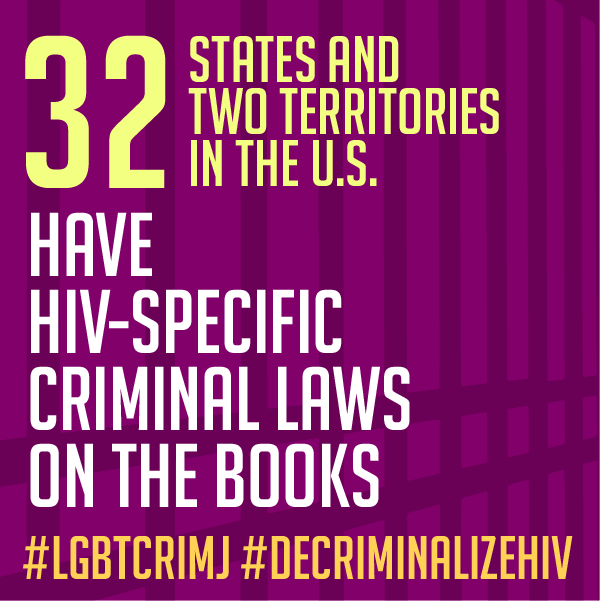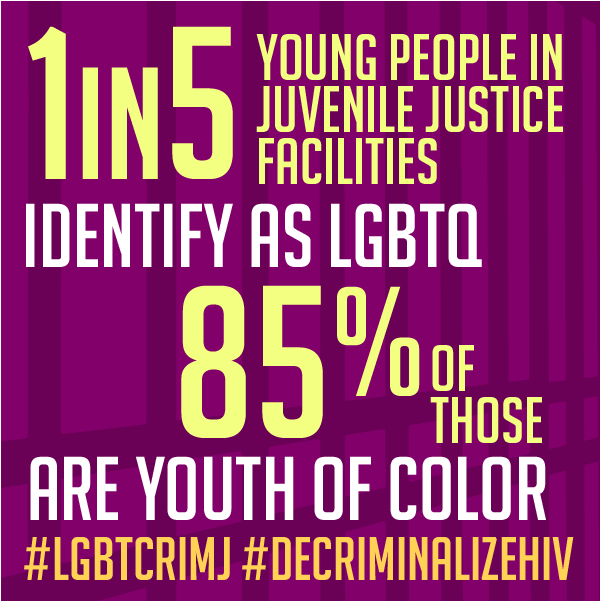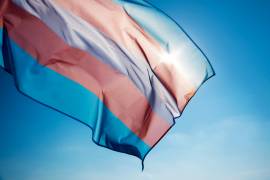Today the White House hosted 150 formerly incarcerated LGBTQ people, policymakers & advocates to discuss unique challenges faced by lesbian, gay, bisexual, transgender and queer (LGBTQ) people and people living with HIV (PLHIV) in the criminal legal system.
White House officials in attendance included Ashley Allison, Deputy Director of Public Engagement and Senior Policy Advisor; Roy Austin, Deputy Assistant to the President for Urban Affairs, Justice and Opportunity, White House Domestic Policy Council; Michael Botticelli, Director of National Drug Control Policy; and Raffi Freedman-Gurspan, Senior Associate Director for Public Engagement, the first openly transgender White House appointee.
Formerly incarcerated individuals in attendance include: Monica Jones, a Black transgender woman who successfully fought profiling for prostitution-related offenses in Phoenix; Ashley Diamond, a Black transgender woman who successfully sued the Georgia Department of Corrections for denial of medical care, resulting in system-wide changes in the treatment of transgender people in that state; Robert Suttle, a Black man living with HIV who was convicted and incarcerated under an HIV-specific statute in Louisiana; and Evie Litwok, a formerly incarcerated lesbian who founded Witness to Mass Incarceration, an organization dedicated to documenting the experiences of incarcerated LGBTQ people upon her release.
Stop Prison Rape in TX! Join the campaign.
They joined legal, advocacy and Administration leaders in discussions on discriminatory policing and other factors driving LGBTQ people into the criminal legal system such as HIV criminalization, youth homelessness and high rates of poverty and discrimination against LGBTQ people, as well as conditions of confinement in federal prison and HIV and health issues.
Experts presented cutting edge research, innovative programs from around the country and policy recommendations.
LGBT people comprise roughly 4% of the U.S. population yet recent federal data show that 8% of people in prisons identify as LGBT. Research reveals particularly high rates of incarceration among LGBTQ people of color, people with HIV and transgender people. In the U.S., 32 states have HIV-specific criminal statutes.
A national survey of LGBT people found that three quarters of respondents had interactions with law enforcement in the previous five years. Of these, a fifth experienced police misconduct, including profiling, false arrests, verbal or physical assault, or sexual harassment or assault.






